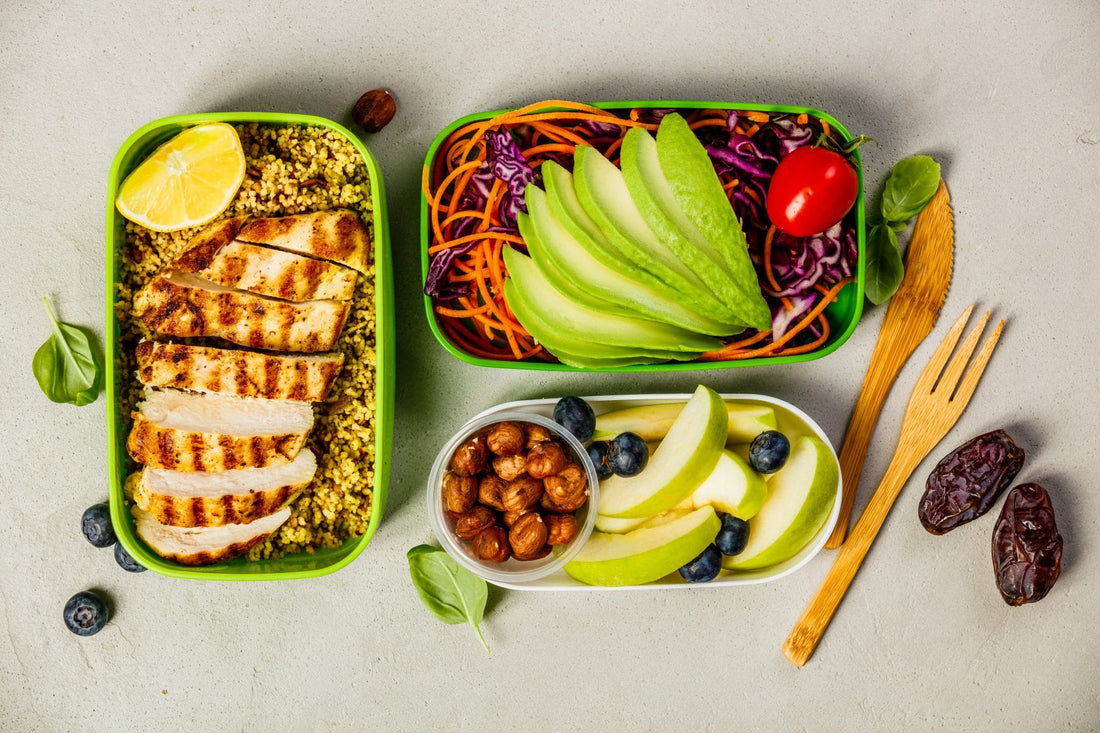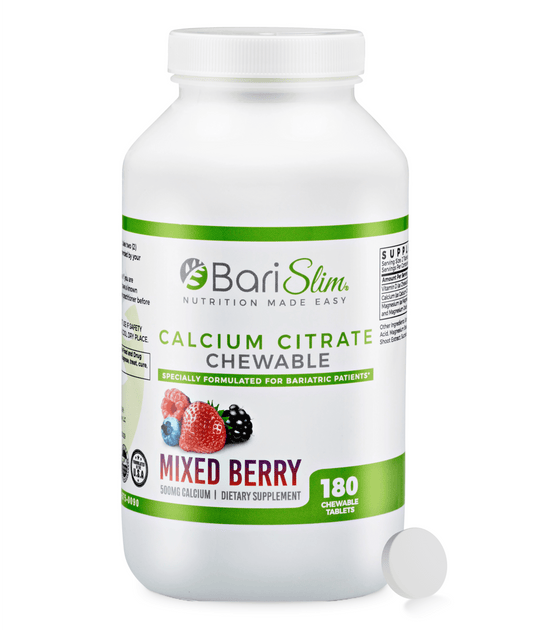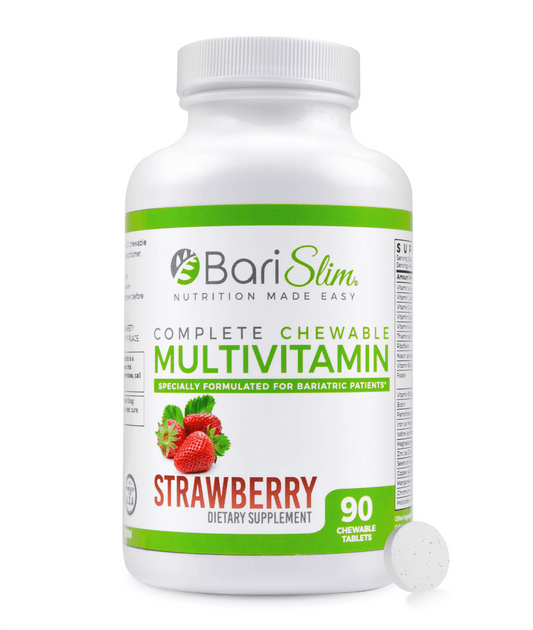Introduction
Bariatric surgery can be an effective tool for patients who need to lose a substantial amount of weight. However, the need for this surgery usually accompanies a toxic perspective on food that needs to be addressed for the surgery to be safe and effective. Since food is a necessary part of life, abstention won’t work, so patients need to establish a new outlook on food: bariatric eating. Understanding the art of designing a healthy and satisfying bariatric meal recipe will set the stage for patient success and sustained weight loss.
Approach to Meal Design
When planning bariatric meals, the goal should be variation, nutrition, and balance. Daily diets should include the following:
- Lean protein – poultry, pork, beef, and fish
- Low-fat dairy
- Complex starches and whole grains
- Vegetables
- Fruits
Even as you make every effort to include a variety of nutrients in your diet, consuming sufficient nutrition will be difficult since you’ll be able to eat such a limited amount. A daily multivitamin and protein supplements should become standard components of your nutrition plan.
Approach to Consumption
What you eat isn’t the only thing that will change in your approach to food. You’ll also change the manner in which you eat.
You must slow down, chew thoroughly, and eat mindfully. In addition to helping you eat less and achieve satiation, this habit will help prevent dumping syndrome, an uncomfortable side effect that can follow bariatric surgery. If you do become sick after eating, lie down for a while. Should the problem persist for a couple of days, see your doctor.
When approaching your plate, focus on eating your lean protein first. Your protein may be any lean meat (without skin), fish, or eggs. This component is the most important nutrient you need at this point, and you should strive to consume at least 60 grams of protein a day. Next, you’ll move on to enjoying your vegetables and fruits before eating the carbohydrates. All starches should be complex carbohydrates; avoid simple sugars.
Most patients will need to eat six smaller meals each day instead of three larger ones, so having an arsenal of tasty recipes for bariatric-friendly snacks can be a lifesaver. Changing your outlook on food while remaining positive will be difficult if you can’t enjoy what you’re eating!
Prepare for Success
The hectic nature of modern life makes real success on any diet difficult, but failing to eat appropriately following weight-loss surgery can cause serious problems beyond just wasting time having the surgery. With simple bariatric eating recipes and an appropriate degree of bariatric meal prep and planning, you can prepare to succeed. Once the plan is in place, a successful result is so much more likely.
Another key to success is a short amount of required preparation time. Choosing recipes that you can prepare ahead of time, with few ingredients and a powerful influx of flavor, will help you stick to your plan on a busy weeknight rather than give in to the impulse to drive up to a fast food drive-through. The right attitude and an informed plan will prepare you for what’s to come and help you acclimate yourself to your new eating lifestyle.
Also Read: Lose Weight and Enjoy Variety with Bariatric Meal Ideas



 Order Free Sample
Order Free Sample





